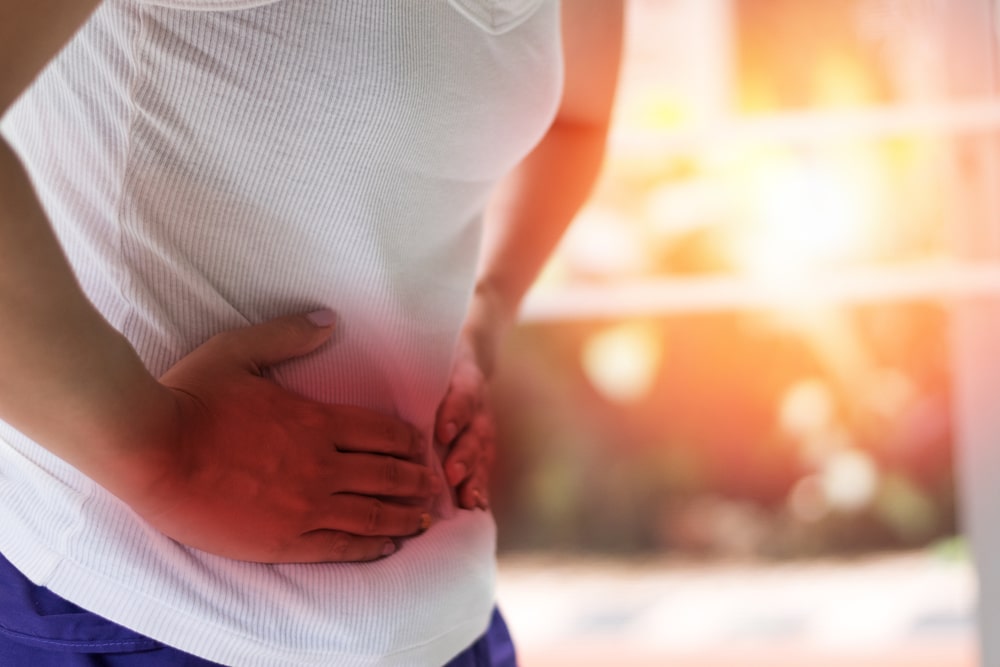A stomachache that comes and goes but never actually goes away for good can be uncomfortable and frustrating. If you experience at least three of these over a three month period, and they are painful enough to stop you from taking part in everyday tasks and activities, then you have what is known as recurrent abdominal pain or RAP. The best treatment for you will depend on what is causing the pain.
What Causes Recurring Abdominal Pain?
Table of Contents
Both adults and children can have RAP for several reasons, including various underlying health conditions.
In children, it might be caused by anxiety or depression, lactose intolerance, which is trouble digesting the sugar in dairy products, constipation heartburn, urinary tract infections, or abdominal migraines, which is stomach pain that comes back a lot with no known cause.
In adults, RAP can be caused by indigestion, stomach ulcers, constipation, problems with the liver or gallbladder, bowel conditions such as irritable bowel syndrome or inflammatory bowel disease, urinary tract infections, parasitic infections, or cancer. However, both adults and children can suffer from RAP that is not caused by a clear medical problem.
If you have been experiencing RAP, you can book a consultation with an expert surgeon to find out more about the potential underlying cause of the issue and discuss treatment options. Circle Health Group has private general surgeons and other healthcare professionals who can diagnose and treat underlying causes of abdominal pain. They offer private treatment across the UK.
Symptoms
The symptoms of RAP may vary for different people. In some cases, the pain might be ongoing, while for other people it could start and stop without warning. Some people have sharp cramps, while others describe it as a dull stomachache. Along with pain, people experiencing RAP might have other symptoms such as nausea, constipation, diarrhoea, and vomiting.
When to See a Doctor
In most cases, RAP might be caused by something that is likely to go away on its own and can easily be managed at home with over-the-counter medications, rest, or dietary changes. You should contact your doctor if you have symptoms such as severe pain, trouble swallowing, nausea that isn’t going away, stomach swelling, tenderness when touching the stomach, blood in your urine, vomit, or faeces, and yellow-looking skin, fever, or unintentional weight loss. For a child, you should also call the doctor if they are experiencing pain on the right side of the stomach, lots of vomiting, or severe diarrhoea that does not go away.
Diagnosis
When you see a doctor about recurring abdominal pain, they will ask about your family health history and any symptoms you have been experiencing. They will ask about when you noticed the pain starting, and if there is anything that worsens it or helps you feel better. They will conduct a thorough physical exam along with collecting samples of blood or urine. Your doctor may also order a scan to look inside your body for a problem, such as an ultrasound, MRI, or CT scan.
If you are aged fifty or above, you may be sent for a colonoscopy, which involves a thin, flexible tool with a camera being placed inside your colon and rectum to look for any issues. The results of these tests will be used to help the doctor determine which kind of treatment is going to be most beneficial for you based on the likely cause of the RAP. If there is a specific health issue that is causing the abdominal pain, you will be prescribed treatment for the condition.
Your doctor may also advise you to make certain lifestyle changes, such as finding ways to better manage stress or making some changes to your diet.
What You Can Do at Home
In some cases, abdominal pain is not a huge cause for concern. If you have abdominal pain that is not accompanied by any more serious symptoms such as fever, excessive vomiting, diarrhoea, or any of the other symptoms that are mentioned above, there are several things that you can do at home to help ease the pain.
Limit yourself to only drinking water or clear liquids for a few hours. If you are vomiting or have diarrhoea, eat mild, dry foods until you feel better and avoid eating any foods that are harder to digest such as spicy, fried, or fatty foods. Avoid drinking alcoholic or caffeinated beverages, and consider taking an over-the-counter antiacid, which can help to relieve gas. Eating high-fibre cereal, raw fruit, vegetables, or beans can help you have a bowel movement if you are experiencing pain due to constipation. You may also want to consider using a hot water bottle or a heating pad on your abdomen to help relieve pain.
Abdominal pain is a common problem that is not usually serious. However, if it is recurring or severe, it is worth speaking to your doctor.

